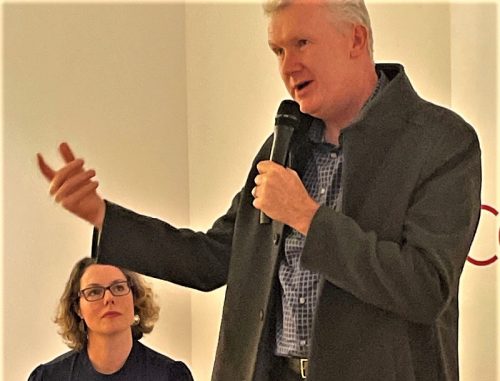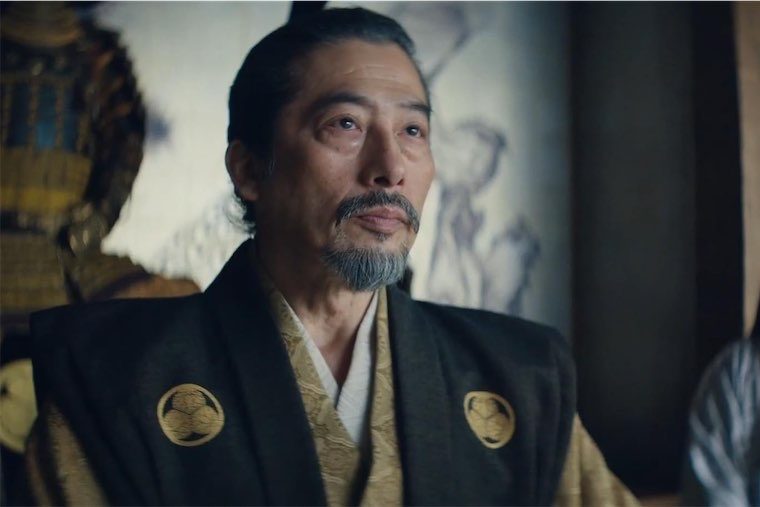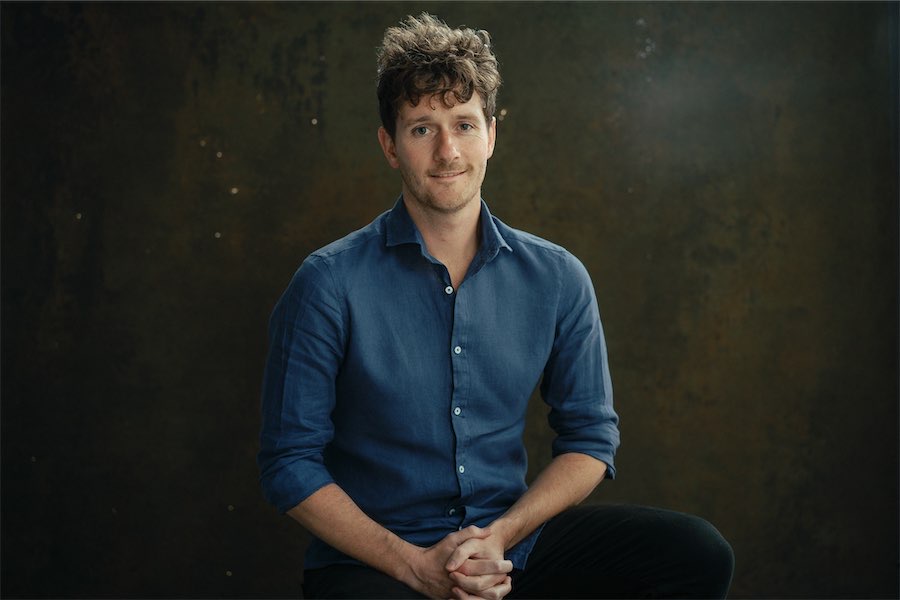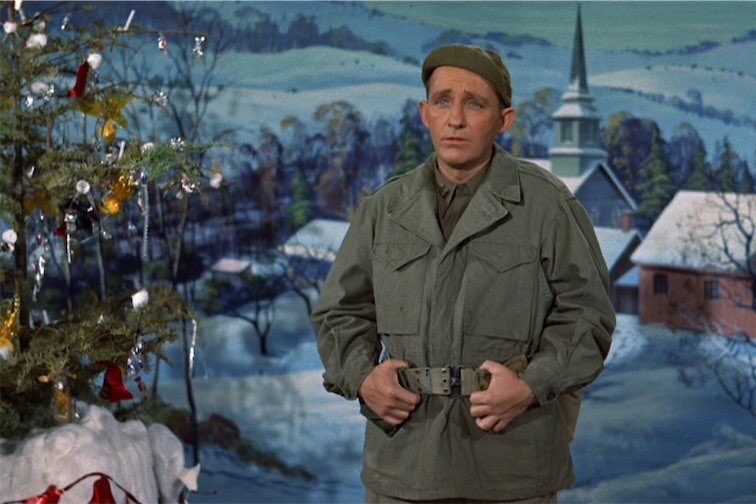
Federal Member for Canberra Alicia Payne and shadow arts minister Tony Burke were on hand last Sunday (May 23) at Canberra Contemporary Art Space for an arts forum that had elements of a love-fest.
Organised by the Capital Arts Patrons’ Organisation and Canberra Contemporary Art Space, the forum saw Payne introducing Burke to speak eloquently of the need for a cultural policy in Australia.
That, he said, was something Australia hadn’t had since Paul Keating’s “Creative Nation”, although Simon Crean had given it his best shot with “Creative Australia”, the announcement of which in 2013 heralded Crean’s departure from federal politics, Burke’s rise to Federal Minister for the Arts and the ultimate decline of the Gillard government.
Burke, a known arts aficionado, talked up the “weight and strength and depth of culture in Australia,” saying, “we have a right to aim much higher than other countries.”
“When we lost office, cultural policy stopped, it wasn’t replaced” he said.
Liberal Art Minister George Brandis had been responsible for funding cuts to the Australia Council and the word “Arts” just disappeared from the portfolio title.
“Can you imagine them deleting the word ‘defence’ from the title,” he asked rhetorically to a round of applause.
Burk said he was sure the arts could become a powerhouse, believing that official policy affected every department so arts could arguably affect health, veterans’ affairs, foreign affairs and education.
As for off-the-cuff initiatives like the “Rise” grants announced during Covid, they were ministerially-based – “the accident of minister of the day shouldn’t make a scrap of difference,” he said.
Burke also told those present how strongly he had argued for a tailored package for the arts last year, but when Prime Minister Scott Morrison got around to announcing something like that, “he couldn’t bring himself to praise artists, so praised tradies instead”.
Looking back fondly to the Paul Keating era, he related how, when Keating as treasurer had gathered cabinet members at his Canberra home to discuss fiscal policy, breaking off to play them a Mahler symphony, made them listen and then asked: “But what does it mean?
To a question from “CityNews” music writer Rob Kennedy about the perceived lack of space for music-making in the absence of a national centre of music, Burke responded: “I’ve always made sure arts funding doesn’t go to bricks and mortar… Brandis’s money went to bricks and mortar.”
Of the five pillars of Creative Australia, Burke said number one was the centrality of the artist, though he later conceded the tremendous influences that buildings like the NGA and the Sydney Opera House had on the cultural life of the country.
Canberra composer Sally Greenaway raised the question of local-content quotas. Burke responded that of three recent successful Australian films, not one had an Australian composer.
Theatre and musical director Dianna Nixon asked why he thought many people don’t believe the arts should be funded.
“It’s not as bad as you think,” Burke responded, citing figures showing high attendances at arts events over sport, and adding that Labor was willing to advocate – “we win the argument and we change the nation.”
Glass artist Harriet Schwarzrock asked that the value of the arts and education be considered properly.
Childers Group representative Michael White argued that there needs to be more conversations about the arts with community members and challenged Burke to question anybody in a new Labor ministry to answer the questions: “What have you seen? what have you read?”
Again, Burke responded that it was better than people would think. Apart from himself, Albanese goes to the theatre regularly, Chris Bowen and Tanya Plibersek are both great readers, and as for Payne, she was right into the arts.
Feelings clearly run high in the arts community, sidelined as casuals from JobKeeper, and during this intelligent forum, there was no getting away from the fact that Burke and Payne were preaching to the converted.
Who can be trusted?
In a world of spin and confusion, there’s never been a more important time to support independent journalism in Canberra.
If you trust our work online and want to enforce the power of independent voices, I invite you to make a small contribution.
Every dollar of support is invested back into our journalism to help keep citynews.com.au strong and free.
Thank you,
Ian Meikle, editor




Leave a Reply